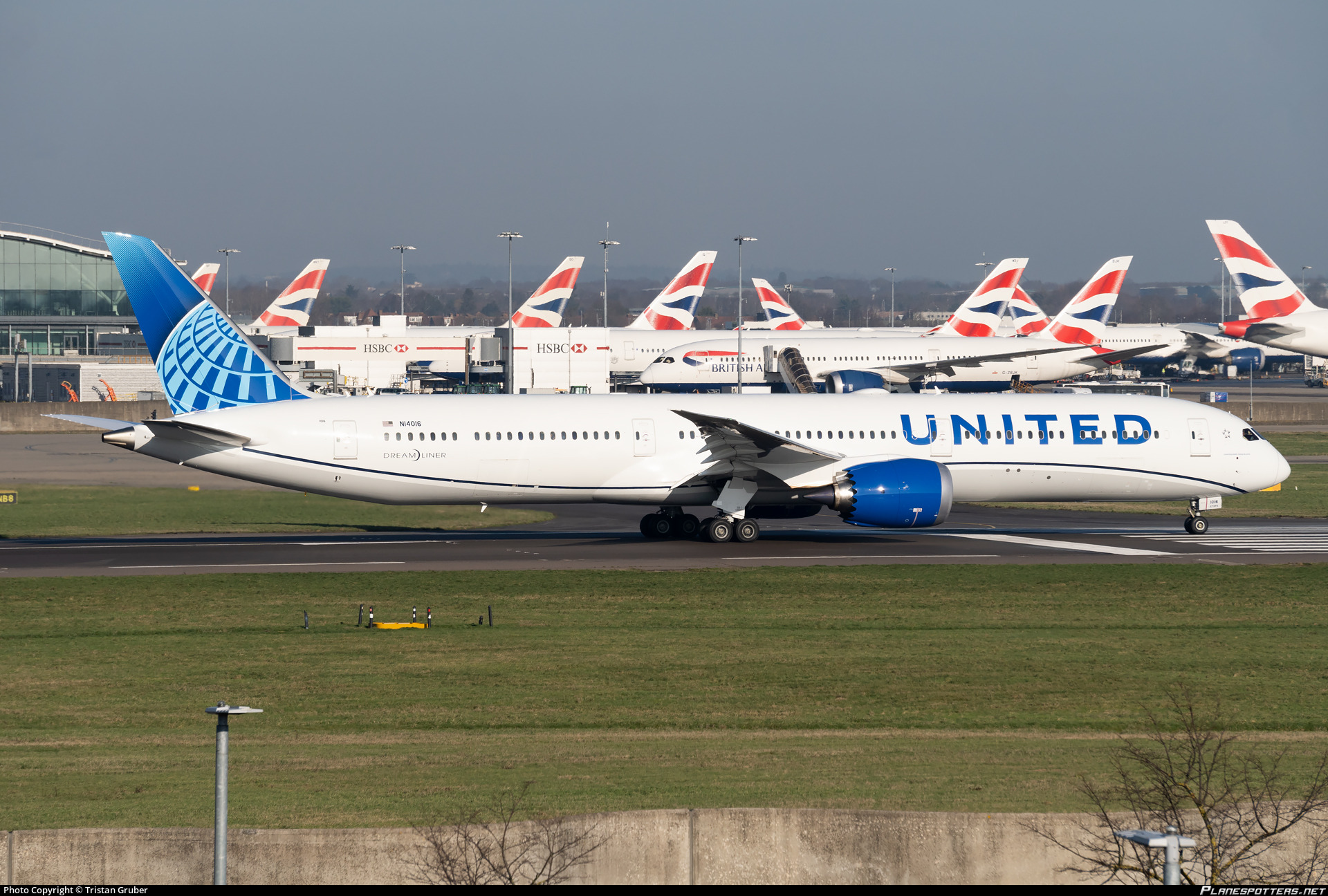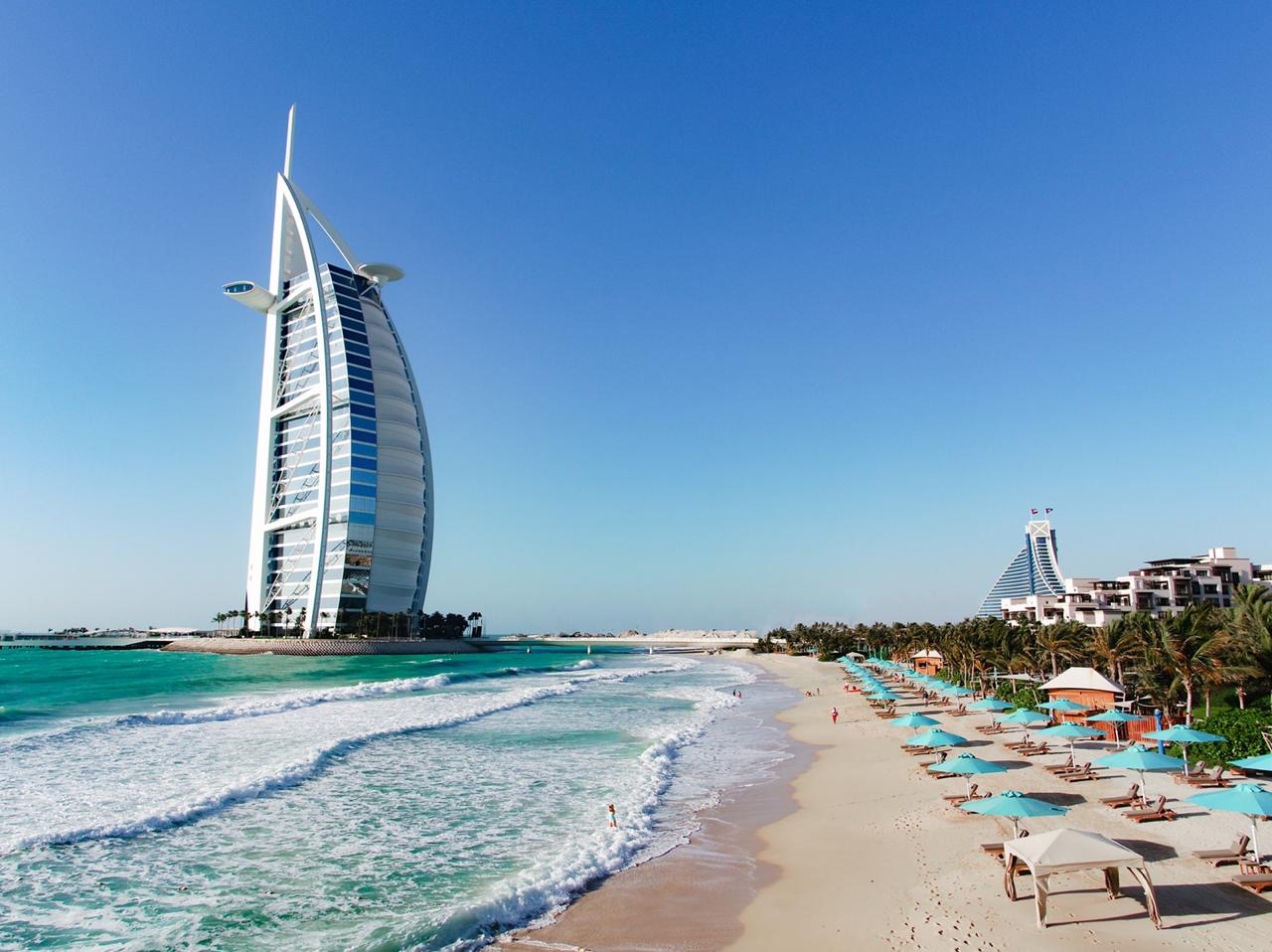Following the COVID-19 pandemic crisis that left the tourism industry across the continent on the brink of collapse, the sector is said to be on the rebound, according to the United Nations’ World Tourism Organization (UNWTO).
The latest UNWTO data shows international arrivals across Africa were back to 88% of pre-pandemic levels at the end of the first quarter of this year with North Africa performing particularly strongly. In this particular sub-region, arrivals were 4% higher than the pre-pandemic levels of 2019 in the same period.
At the global level, international tourism receipts reached US$1 billion in 2022, a 50% growth in real terms compared to 2021. Among African destinations with available data, Morocco and Mauritius notably exceeded their 2019 tourism receipts in the first quarter of 2023.
These findings were shared at a recent high-level meeting in Mauritius which was convened from July 26-28 by the UNWTO. The 66th regional meeting which was held under the theme: ‘Rethinking Tourism in Africa’ provided ministers and senior officials from the continent a platform to share knowledge, ideas, and good practices for building a resilient tourism sector.
The UNWTO welcomed delegations from 33 countries, including 22 tourism ministers, two deputy ministers and four ambassadors to the meeting, the most important annual event for the region’s member states.
Zurab Pololikashvili, the Secretary General of the UNWTO told high-ranking officials that there is need to rethink and re-align the sector’s role as a driver of development and opportunity across the continent.
“Our vision for African tourism is also one of strong governance, more education and more and better jobs. To achieve it, we aim to promote innovation, advocate for Brand Africa, facilitate travel, and unlock growth through investment and public-private partnerships,” he said.
Pololikashvili said the UNWTO continues to lead tourism’s shift to greater sustainability, recognizing the impact of extreme weather events, including the potential for heat waves to cut off the lifeline the sector offers for destinations worldwide.
At the same meeting, Patricia Scotland, the Secretary General of the Commonwealth, a voluntary association of 56 independent but, mainly former British colonies, called for more collaboration than ever before, if a resilient tourism sector that works for people, prosperity and the planet is to be harnessed. She highlighted the intricate vulnerability of the tourism industry and the collective action needed to address it.
The meeting in Mauritius comes at a time when the global tourism industry is on the path to recovery after suffering a crushing blow from the COVID-19 pandemic. In 2020 alone, the sector faced a severe setback with 1.1 billion fewer international tourist arrivals and the loss of over 100 million jobs worldwide.
“Despite a strong recovery in 2022, to almost two-thirds of pre-pandemic levels, the world today is tightly bound by a tangled knot of crises spanning global economic, environmental and security systems, which pose series threats to the tourism sector,” Scotland told the delegates.
She also highlighted the disproportionate impact on small island developing states (SIDS), which are heavily reliant on tourism. In 2020, the SIDS experienced a 9% decline in their gross domestic product, significantly higher than the global average of 3.4%
Given that two-thirds of the world’s small island developing states are part of the Commonwealth, Scotland emphasised the fact that sustainable tourism is a priority for the Commonwealth. She stressed the urgency of addressing these challenges collectively, adding: “We need to leave this meeting with a plan to deliver an inclusive, sustainable, and resilient tourism sector. This is imperative for the economy of each country which depends on it in Africa and beyond.”
Describing the meeting as a pivotal opportunity, Scotland invited countries to work together on an array of innovative legal and financial solutions for the tourism sector. “We already have the knowledge, the ideas, the innovation and the technology to develop and deliver these solutions… What we need is leadership and a shared commitment not to go alone, but to go together.”
Scotland said she has confidence in Commonwealth Africa’s ability to show that leadership and set the continent on a path of sustainable and resilient tourism industry.
In order to support this effort, she outlined how the Commonwealth’s work could assist countries in addressing tourism challenges through knowledge exchange, data-sharing and capacity-building. In particular, Scotland spoke about the Commonwealth’s ‘Their Future, Our Action’ project, which has been enhancing the economic resilience of small states.
She highlighted two tools developed through this project which can support the efforts of African countries. The first tool, the ‘Common Pool Asset Structuring Strategy,’ consolidates individual finance applications into country-wide opportunities, while the second tool, the Political-Economic Resilience Index, provides credible data on the economic and vulnerability levels of small states, making inward investments more attractive.
This work, she added, was backed by the Commonwealth’s ongoing advocacy on the reform of global financing rules to make development and climate finance more accessible to small states, enabling them to invest more in sustainable development, climate action and tourism resilience.
Source: Independent





